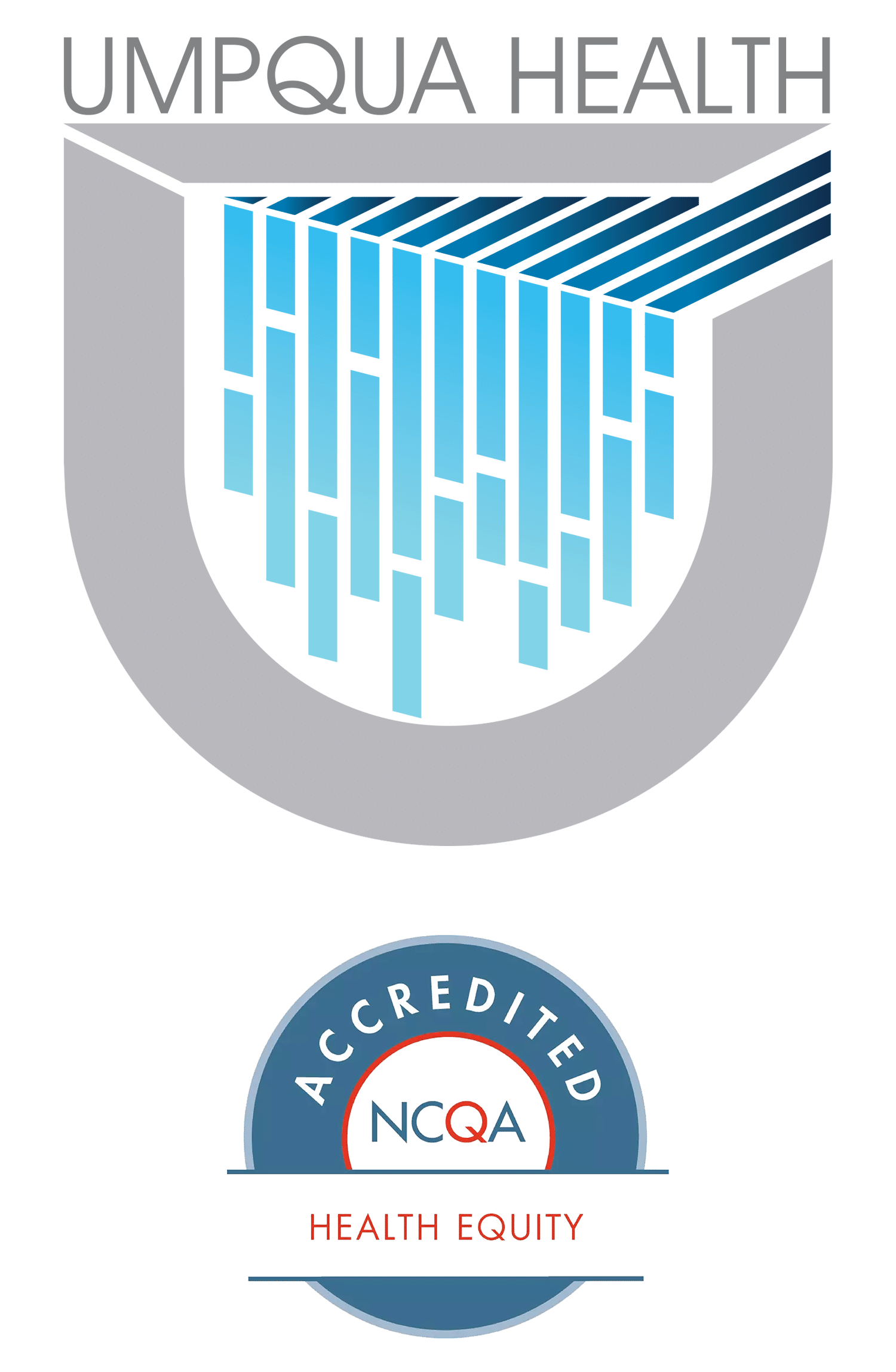DIABETES PREVENTION & DIABETES SELF-MANAGEMENT PROGRAMS
According to national statistics, it is likely that one-third of adults in the United States have prediabetes and nine out of 10 of those individuals do not know they are at risk for developing Type 2 Diabetes.
UHA provides a range of programs and services that help our members and patients prevent or manage their Type 2 Diabetes.
RESOURCES:
According to the American Diabetes Association (ADA), approximately 10.8% of the adult population in Oregon is “diagnosed” with diabetes and an additional 93,000 have diabetes but don’t know it. Add to that 33.5% or another 1.09 million of the adult population who have prediabetes with blood glucose levels that are higher than normal but not high enough to be diagnosed as diabetes. That is a total of 44.3% of the adult population in Oregon either having diabetes or prediabetes, with many not knowing they have it. See attachment 1 for a fact sheet on the Burden of Diabetes in Oregon
To address this growing concern, Umpqua Health Alliance has contracted with Oregon Wellness Network to give the healthcare professional an extra tool in their toolbox to address this growing epidemic. Below are two programs that are available to UHA members:
- National Diabetes Prevention Program – designed for people with prediabetes or obesity who have not be diagnosed with either type 1 or type 2 diabetes. This year-long program was developed by the CDC and is a lifestyle change program that helps participants lose weight and adopt healthier habits, thereby reducing their risk for development of type 2 diabetes. As a preventative service, there is no out of pocket costs to the participant. Research has shown that people who participate in this program are 58% less likely to develop diabetes. The reduction of risk is even higher (71%) for those over 60 years old. See attachment 2 for more information about DPP and attachment 3 for the ADA’s Diabetes Risk test.
- Diabetes Self-Management Education & Support (DSMES) These services are designed for people with diabetes and have two components. a) The first is individualized care planning session* with either the lifestyle coach or a trained diabetes educator. These sessions are done before and after the group meeting and are used to establish patient goals. b) The second component is the evidence-based diabetes self-management group classes that meet weekly for 2.5 hours for 6 weeks (about 15 h of class time). These are led by two trained leaders, where at least one of the leaders has direct experience either living with the disease or has experience caring for someone with diabetes.
*Note: if an individual needs more nutrition counseling, a referral can be made to a registered dietician associated with the program. This is especially helpful for newly diagnosed diabetics.
To refer someone into either program, please complete the attached referral form and fax or email to OWN at health.promotion@nwsds.org OR call 1-833-673-9355 to make a referral by phone. Referrals can also be made through Connect Oregon and the OWN website.
The nationally accredited Diabetes Prevention Program (DPP) is an evidence-based, cost effective, year-long lifestyle change program that has been proven to cut the risk of developing Type 2 Diabetes by more than half. This program focuses on prevention through healthy eating and physical activity. The main goals of the program are achieving 5-7% weight loss and 150 minutes of physical activity per week, aiming to lower the risk of developing Type 2 Diabetes, heart attack, and stroke.
A randomized, controlled clinical trial showed that completing the Diabetes Prevention Program reduced participants’ chances of developing Type 2 Diabetes by 58% compared to placebo (71% for individuals aged 60 and older), and nearly twice as much as the reduction among the group taking metformin (31%).
 The program focuses on life-long changes to certain habits and behaviors, which helps participants maintain healthy improvements over time. A 10-year follow-up study showed that participants were still one-third less likely to develop Type 2 Diabetes a decade later than individuals who took a placebo. Those who did develop Type 2 Diabetes delayed the onset of the disease by about 4 years.
The program focuses on life-long changes to certain habits and behaviors, which helps participants maintain healthy improvements over time. A 10-year follow-up study showed that participants were still one-third less likely to develop Type 2 Diabetes a decade later than individuals who took a placebo. Those who did develop Type 2 Diabetes delayed the onset of the disease by about 4 years.
Over the course of one year, the Diabetes Prevention Program offers approximately 30 hours of instruction to lower participants’ risk of developing Type 2 Diabetes. Classes are held weekly for the first 4 months, transitioning to bimonthly, then monthly for continued maintenance and support. Topics covered in the program include eating less fat and fewer calories, making healthy choices, managing stress, and finding time for fitness. Locally, the program is managed by the Cow Creek Band of the Umpqua Tribe of Indians.
Referrals to a Diabetes Prevention Program help reinforce the information given to patients in the clinic setting by primary care providers. Because Diabetes Prevention Programs use a research-based curriculum and certified lifestyle coaches, you can trust that patients are receiving evidence-based information about weight loss, diet, exercise, and other important lifestyle changes.
Please use this referral form to begin changing patients’ lives today.
To view the Diabetes Prevention Program brochure, click here. For the DPP flyer, click here.



